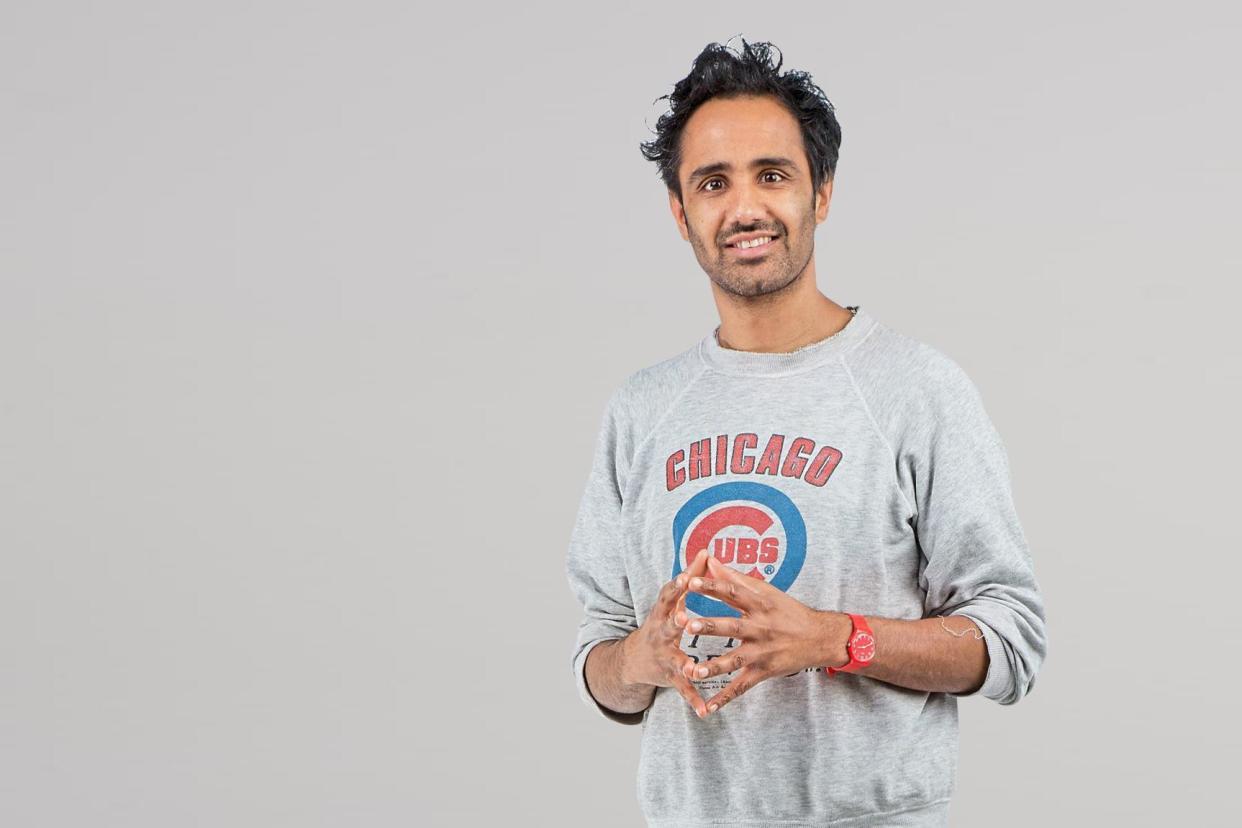Rohan Silva: The effects of racial bias are more profound than you think

You walk into a restaurant in America and ask whether your child can use the bathroom — which is technically for paying customers only. What happens next? It turns out that it depends on the colour of your skin.
According to a large-scale study, white people are overwhelmingly likely to be allowed to use the toilet, while black people are turned away.
Or how about this one. You get on a bus in Australia, only to discover you haven’t got enough money to get to a destination roughly a mile away. Does the driver use his discretion and let you get on anyway?
Economists at the University of Queensland repeated this experiment more than 1,500 times with adults of different ethnicities, and found that white people were allowed on the bus 72 per of the time, compared with only 36 per cent for black people. In other words, if you’re white, you’re twice as likely to be given a free ride.
Psychologists call this type of behaviour implicit bias, because it’s the result of deep-rooted attitudes towards people of different races.
A classic way of measuring this kind of subconscious tendency is a widely used Harvard University test which asks you to associate white and black faces with either positive words (like “kind”) or negative words (like “horrible”). It turns out that the vast majority of respondents take longer to associate positive words with non-white faces — revealing an unconscious prejudice at play.
The consequences of this kind of bias can be profound. A study by the Department for Work and Pensions found that job applicants with “white” names needed to fire off nine job applications, on average, to get an interview. But people with “ethnic”-sounding names — with exactly the same qualifications and skills — needed to submit 16 applications to get the same result.
This isn’t just an issue of fair treatment for individuals (as vital as that is), it also means organisations may not be hiring the best people for the job, which is bad for productivity and the economy as a whole.
Similarly, an experiment in the US found that implicit bias plays a big role in how white doctors treat black patients, suggesting they’re less likely to administer potentially life-saving treatment than when dealing with white people.
And while this kind of discrimination is far less overt than the kind of racist abuse allegedly experienced by Manchester City’s Raheem Sterling during a game against Chelsea last week, it’s every bit as important to discuss.
After all, as shocking as those scenes at Stamford Bridge were, they have at least resulted in widespread condemnation and national media coverage — as well as an investigation by the police and the clubs involved.
But implicit bias happens all the time, and without debate — with deep consequences for all of us.

 Yahoo News
Yahoo News 
